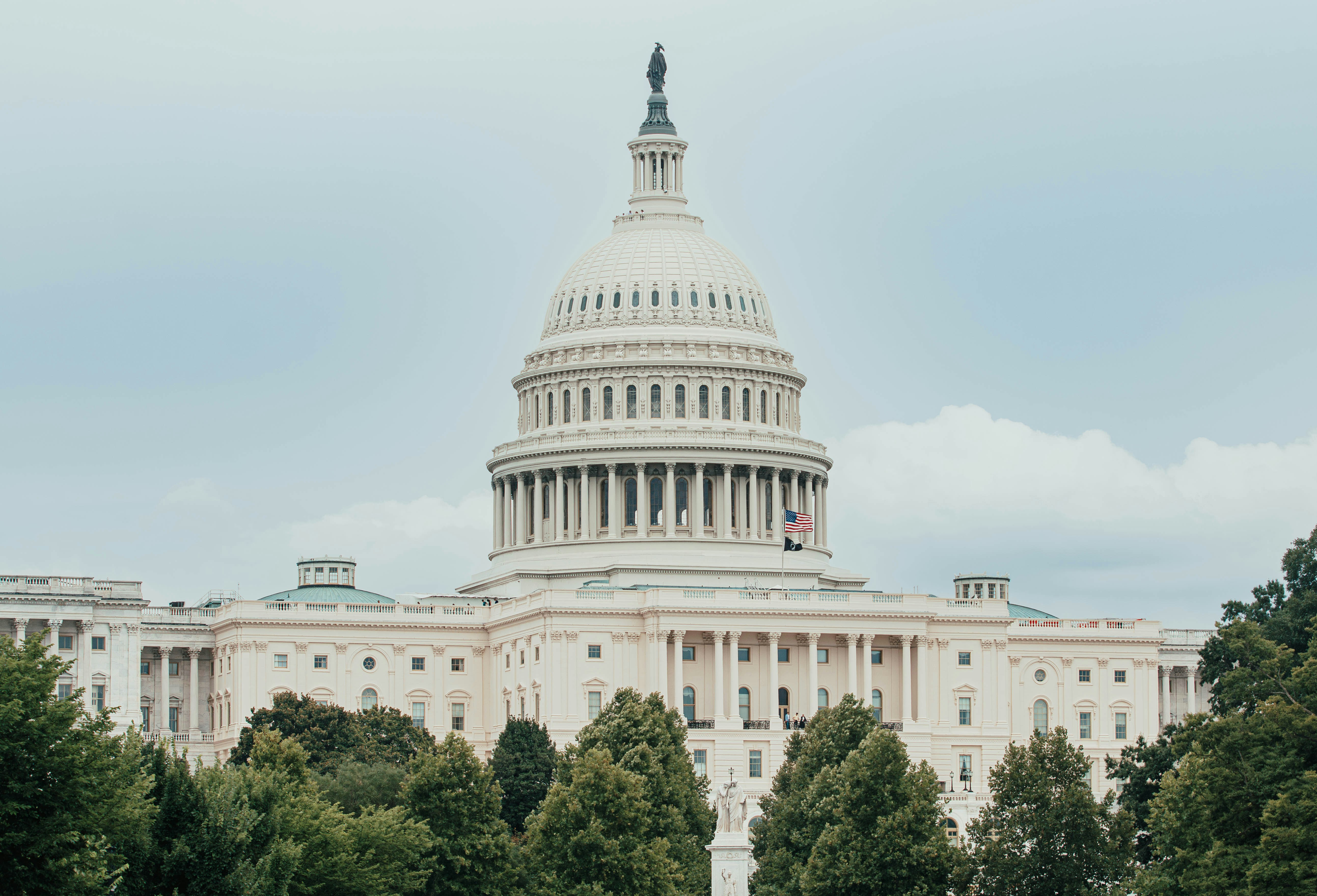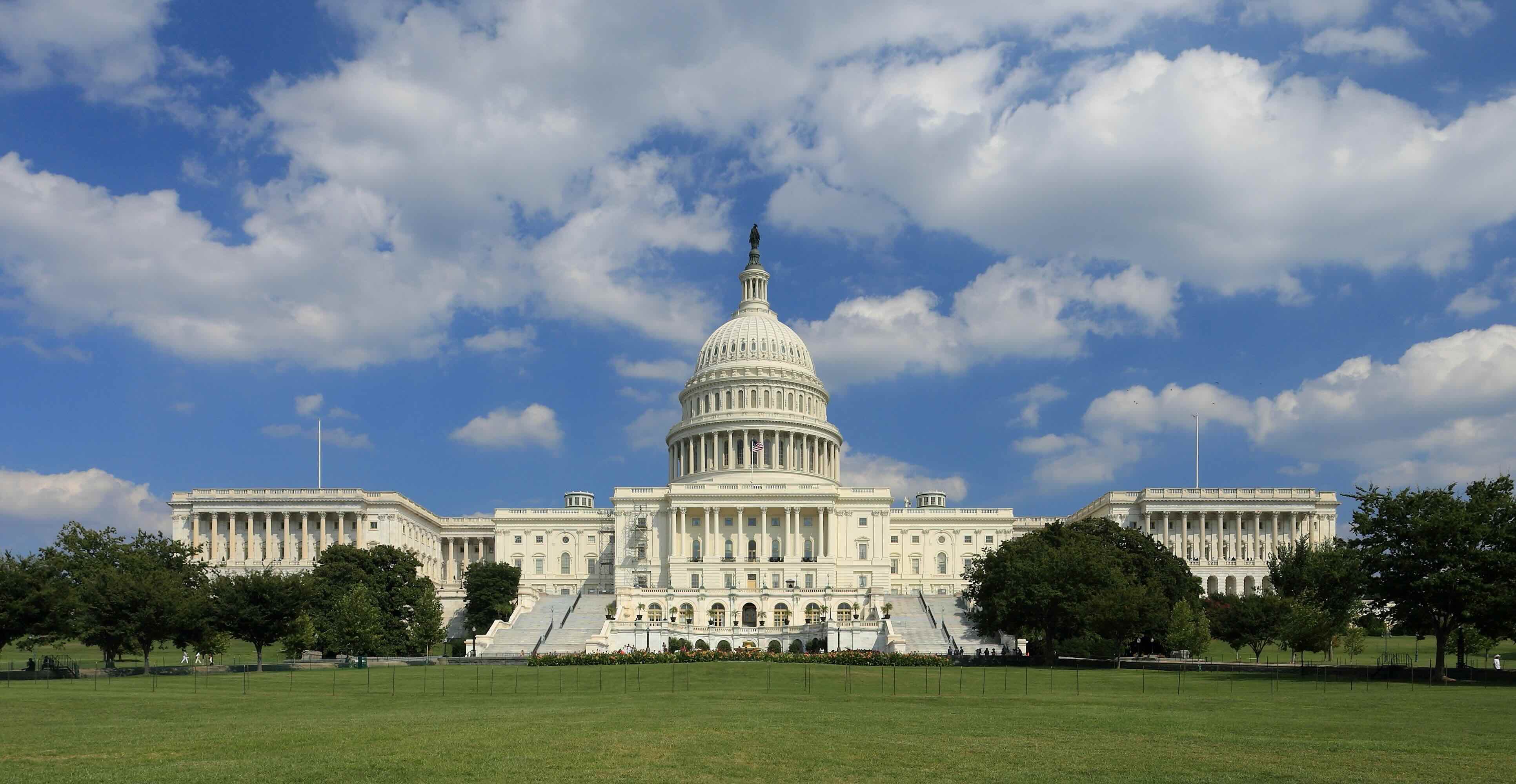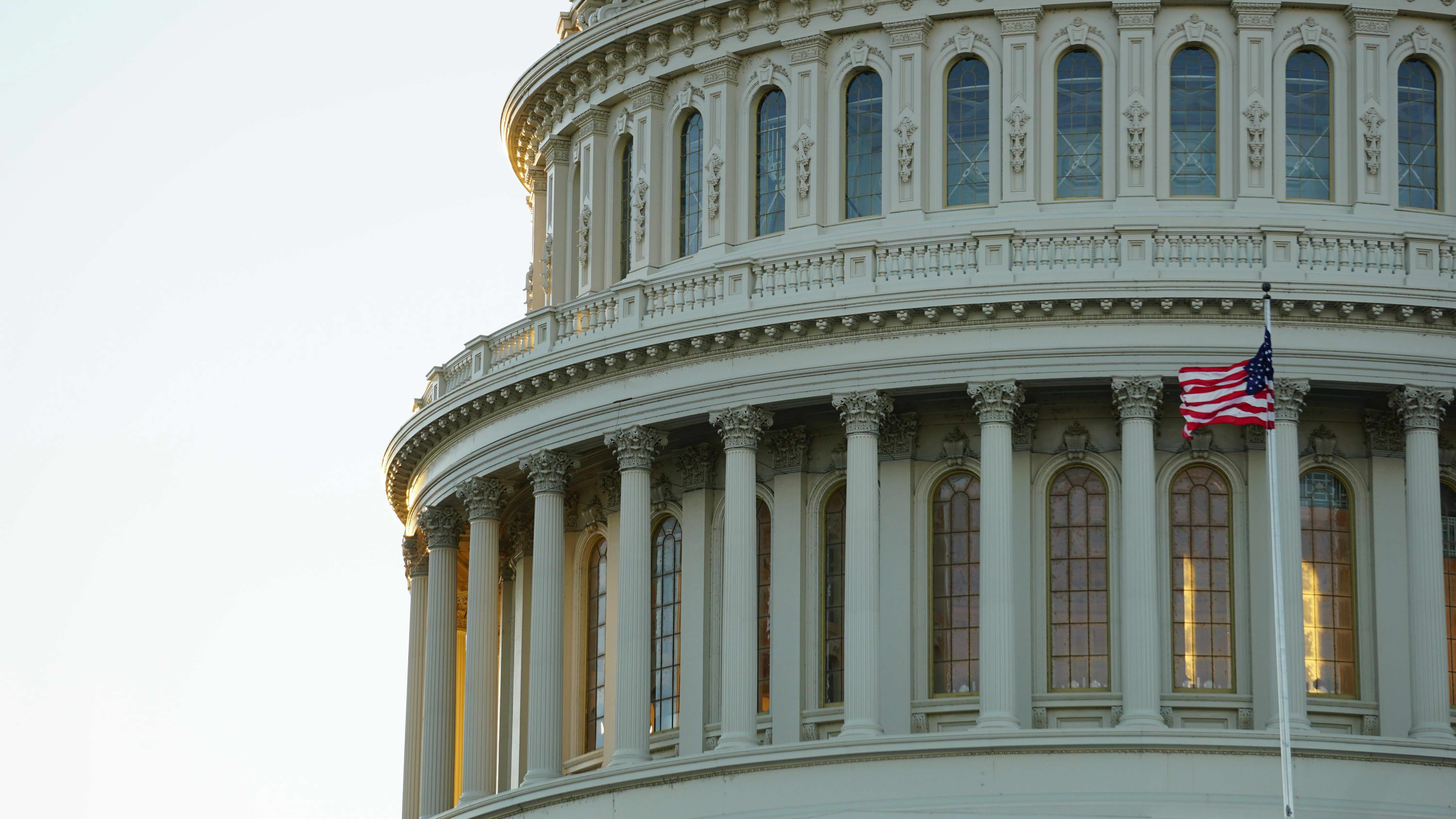Digital Asset Policy in the 119th Congress: The First 150 Days
The Trump Administration has shown support for Bitcoin, but lasting policy hinges on Congress.

President Trump’s second term has brought about a great deal of change and enthusiasm in the realm of digital asset public policy. Speaking at the Bitcoin 2024 Conference in Nashville, Trump proposed a national crypto strategic stockpile, lamented the “persecution” of the cryptocurrency industry, and declared his intentions to make the U.S. the “crypto capital of the planet” if elected. Since then, President Trump signed an executive order establishing a “Bitcoin Strategic Reserve and U.S. Digital Asset Stockpile.” He also nominated several cryptocurrency advocates to lead influential executive departments and agencies.
But presidential administrations have swung between Democrat and Republican control in each of the last four major election cycles. Each new U.S. president has issued a flurry of executive orders early in their terms to reverse key policies of their predecessor. Furthermore, Trump’s recent embrace of cryptocurrency is a marked reversal of his previous position and he describes himself as a “traditionalist” when it comes to dollar dominance.
While presidential unilateral action and executive policies are easily set, changed, and reversed, legislation is hard to pass and even harder to repeal. As volatile as American politics can be, Congressional action on digital assets sends signals of lasting change that can spur investments by financial institutions once fearful of regulatory whiplash.
Read the full policy brief HERE.



.svg)





